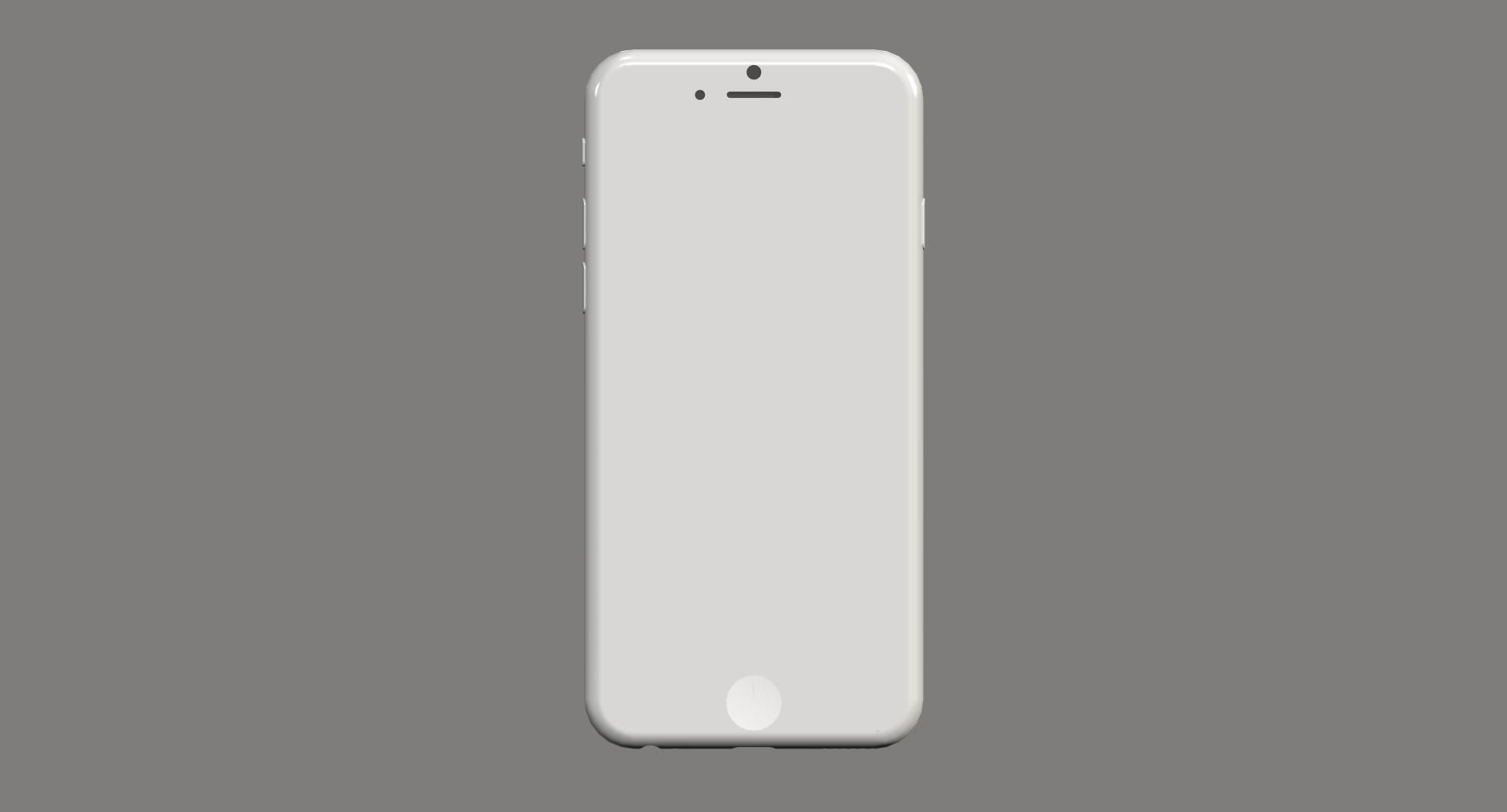
OS is Apple's mobile operating system that is used for the iPhone, iPad, and iPod Touch. It really is the gold standard for mobile operating systems in my opinion. It offers a sleek user interface, intuitive navigation, and reliable operations. Although Apple iOS is not the market leader in terms of market share, it has a loyal following, a strong brand, and is gaining market share.
Apple iOS distributes it mobile apps through theApple app store, one of the leading mobile app markets along with Android. Android is the popular mobile operating system developed and owned by Google. Even though the consensus shows that Android lags behind Apple iOS in usability and reliability, it does offer some significant advantages over Apple.
One of the main advantages is that is is available on a multitude of devices, including smartphones, e-readers, and tablets developed by Samsung, Acer, Lenova, HTC, and others (just to name a few). Android currently is the market leader with over 50% of the market. Android's popular app market, the Android Marketplace has thousands of apps available and has a similar number of registered users as Apple's App Store.
Windows Phone is Microsoft's latest mobile operating system, dubbed Windows Phone 7. Its precursor, Windows Mobile is still being used on many legacy mobile devices. Microsoft is making a big bet on Windows Phone in its attempt to steal market share away from both Apple iOS and Android. Their recent strategic partnership with Nokia underlines this fact that both Microsoft and Nokia are setting their sights on the large mobile consumer market.
Windows Phone and Windows Mobile currently has less than 5% of the mobile market share, although this is expected to grow as more devices are being delivered with the Windows Phone operating system installed on it. Windows Phone distributes its apps through theWindows Marketplace. WebOS is Hewlett-Packard's open-source mobile operating system. WebOS was acquired by HP through its acquisition of Palm. After WebOS was released by HP in 2011, the operating system had a short run after never really gaining market share. Since then, HP has decided to abandon their push into the mobile tablet and smartphone market and is planning on making the operating system available to the open-source community.
As of late, we've heard a few myths being rehashed about portable Mobile App Performance Optimization that are not too exact. Like great urban myths, they sound convincing and conceivable. Be that as it may, these myths depend on mistaken premises, misguided judgments about the connection amongst local and web programming stacks and a scattershot of skewed information focuses. We thought it was critical to address these myths with information that we've gathered throughout the years about execution, and our own encounters doing improvements of portable web application execution.
Reality: Most web execution is compelled by the improvement of rendering pipelines, the speed of DOM communications and level of GPU increasing speed. Speedier JavaScript is constantly used, yet it's once in a while basic. Reality: half of the versatile JavaScript execution increases in the course of the most recent four years has originated from programming upgrades, not equipment enhancements. Indeed, even single-strung JavaScript execution is as yet enhancing, without considering that most application devs are utilizing Web Workers to exploit multi-threading where conceivable.
Nonetheless, in the event that you redesigned that iPhone 3GS to iOS4, 5 and 6, you'd have encountered a 4x change in JavaScript execution on the same correct equipment. The nonstop picks up in SunSpider proceed in iOS7, yet we're still under NDA about those. Contrasted and the present work area programs, edge portable programs are currently around 5x slower — a major relative pick up versus 2009's 30x hole.



0 Comments